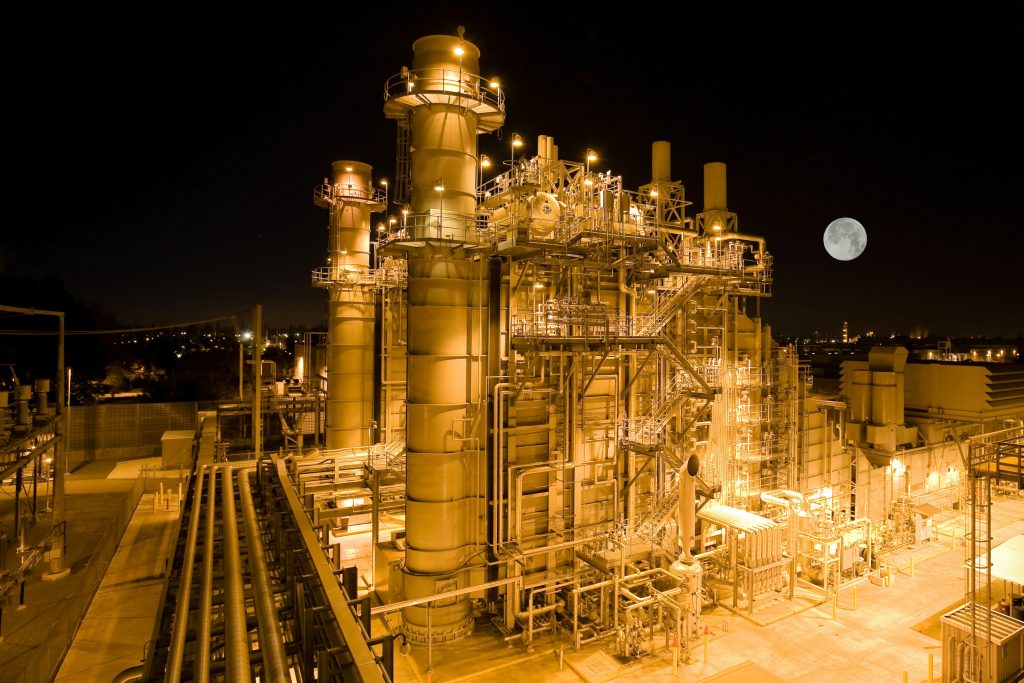
Low-carbon reorientation in steel, oil refining and petrochemical industries
Because steel, oil refining, and petrochemical industries account for half of the UK’s industrial greenhouse gas (GHG) emissions, decarbonisation of these industries is essential to meet the UK’s climate change targets. In a 2-year research project, funded by the Industrial Decarbonisation Research and Innovation Centre, Dr. Gregory and Prof. Geels analysed the speed and direction of low-carbon reorientation in these three industries. We report the results in a 4-page Policy Briefing and 111 page report.
Drawing on three 30-year industry case studies and comparative analysis, we find that the speed of change was slow until 2019 in all three industries, which resonates with the existing industrial decarbonisation literature that emphasises high sunk investments in capital intensive assets, long investment cycles, large investment costs, and a preference for incremental process improvements. Companies invested in incremental energy efficiency technologies (for economic reasons), but hardly engaged in deeper low-carbon reorientation, assuming that their emissions were seen as part of the 20% hard-to-decarbonise sectors that were implied by the UK’s 80% GHG emission reduction target.
The speed of change has increased since 2019 both because of general policy targets (such as the 2019 commitment to net-zero emissions by 2050, the 2020 and 2022 targets for CCS and hydrogen deployment by 2030) and a raft of specific policy instruments, including the £240m Net Zero Hydrogen Fund; the £140m Industrial Decarbonisation and Hydrogen Revenue Support Scheme; the 315m Industrial Energy Transformation Fund, the £1bn CCS Infrastructure Fund, and various business model support schemes, backed by a £20bn financial commitment for future CCS.
We find that several of the six UK oil refining firms have since 2019 committed to deploying low-carbon technologies such as blue hydrogen, CCS, and biofuels. We also find that the main petrochemical firms and the two integrated steelworks have been reluctant to commit significant resources to deploying low-carbon technologies, although they have increased their R&D activities. The two integrated steelworks have very recently (Fall 2023) made deals with the government to reorient towards Electric Arc Furnaces (EAFs), each receiving £500m policy support, which they will match with about £750m funding. Although this has the potential to transform UK steelmakers from the (comparatively) slowest to the fastest low-carbon reorienting industry, there are practical hurdles that may cause delays.
We explain these differences in low-carbon reorientation speed with five factors that we derive from the triple embeddedness framework: 1) policy instruments (which privilege the four industrial clusters with refineries and petrochemical plants), 2) the technical and practical feasibility of low-carbon options such as CCS, hydrogen, and EAFs (which is higher for refineries and petrochemical plants than for steelmakers), 3) the degree of international competition (which is lower in refining than in petrochemicals and steel), 4) the financial health of the industry (which is better for refineries and worst for steel), 5) wider corporate strategies mindsets (which are more favourable towards low-carbon reorientation in refining than in steel and petrochemicals).
The wider contribution of our research project to the industrial decarbonisation literature is that it highlights the importance of making multi-dimensional analyses of industries, which acknowledge both external pressures and firm-level strategic considerations. While techno-economic analyses of low-carbon options, which dominate the literature, remain important, the paper shows the relevance of also addressing national, regional, and international contexts and varying firm-specific factors (in location, mindset, strategy, and financial performance). It also highlights the importance of complementing the manifold future-oriented investigations with analyses of historical developments up to the present, because these help to better understand the current speed and commitment of firms to low-carbon reorientation.
Julian Gregory and Frank W. Geels, Low-carbon reorientation in steel, oil refining and petrochemical industries, IDRIC policy briefing, November 2023.
Geels, F.W. and Gregory, J. 2023, Low-carbon reorientation in steel, oil refining and petrochemical industries, Final report for the Industrial Decarbonisation Research & Innovation Centre.

0 Comments